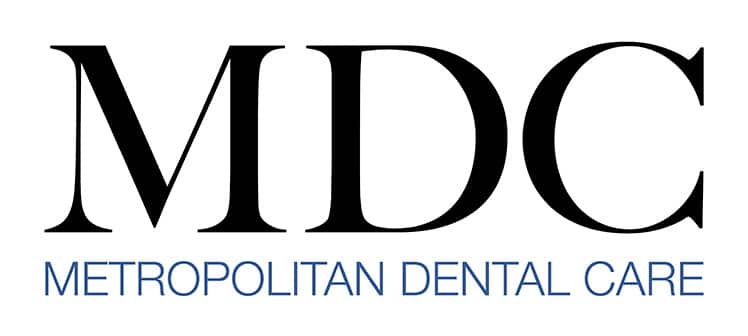Your Pharmacy Dental Aisle Demystified

Have you ever walked down the dental aisle of your local pharmacy and been completely overwhelmed? Did you stand in front of the multitude of toothpastes, floss, and mouthwashes and wonder what their differences were? If you answered yes to those two questions then you are in luck because I'm going to make your next trip to the pharmacy a little easier.
Choosing the Right Toothpaste
I'll let you in on a little secret... All kinds of toothpastes are essentially the same, as long as they contain fluoride. Fluoride is a mineral that acts as an anti-cariogenic agent. This means that fluoride helps prevent cavities by strengthening tooth enamel (the outer layer of the tooth where most cavities originate) and making it more resistant to decay. Fluoride can also reverse early decay by remineralizing the teeth. The purpose of toothpaste is to aid in the removal of soft deposits on your teeth, known as plaque, in conjunction with the bristles from a toothbrush. Toothpastes contain abrasives to accomplish this. Toothpastes that do not contain fluoride may help to remove plaque but have no anti-cavity effect. The American Dental Association does not give its seal of acceptance to non-fluoride-containing toothpastes.
You may be tempted to purchase a whitening toothpaste if you have always desired to have whiter teeth. Whitening toothpastes contain increased abrasives that help remove surface stains, but they do not actually whiten teeth.
Toothpastes for sensitive teeth typically contain an anti-sensitivity agent called Potassium Nitrate. Potassium ions help to desensitize nerves by sealing tubules in the dentin (inner layer of the tooth).
The ingredients in natural toothpastes vary depending on the make and manufacturer. Some conventional toothpastes will have artificial flavors added to them, while natural toothpastes usually contain flavors derived from natural ingredients. Some conventional toothpastes can contain artificial sweeteners, such as saccharin, while natural toothpastes typically contain sweeteners derived from natural sources, such as xylitol or stevia. The color in conventional toothpastes typically comes from artificial colors. Natural toothpaste will usually be white because they do not contain any coloring agents. Natural toothpastes will use a natural preservative, such as citric acid. Most conventional toothpastes contain sodium lauryl sulfate as a foaming agent. This can cause irritation and canker sores in some people. Some natural toothpastes will contain sodium lauryl sulfate and some will not. Some natural toothpastes will contain fluoride and some will not. While conventional toothpaste is perfectly safe if you choose to use a natural toothpaste make sure it contains fluoride.
Dental Floss
Dental floss typically comes as waxed or unwaxed floss. There is not much difference between the two so choose whichever one motivates you to floss!
Should You Use Mouthwash
Mouthwashes are an adjunct to brushing and flossing, not a replacement. Although not necessary, some patients like to use them. Fluoridated mouthwashes, such as the ACT, contain the anticavity agent fluoride which helps to reduce cavities. Mouthwashes without fluoride are typically just for "cosmetic" purposes to give you fresh breath. Beware of the alcohol content of some popular mouth rinses, such as Listerine, because alcohol can cause dry mouth.
